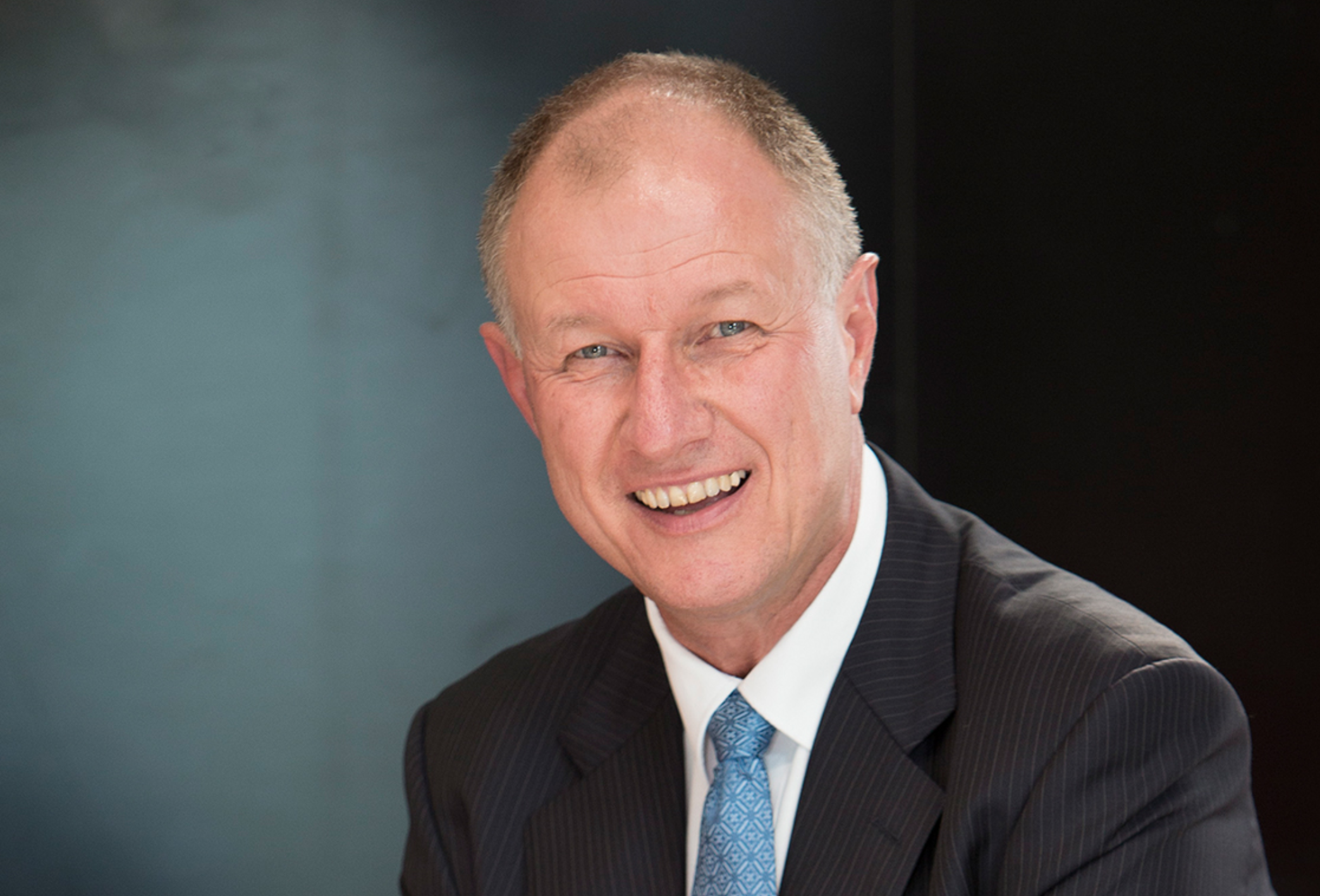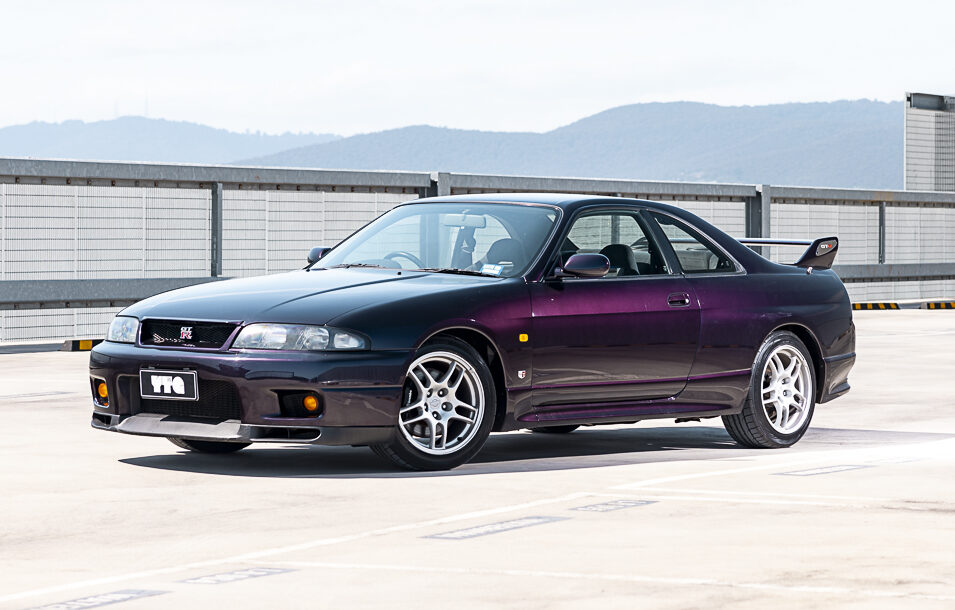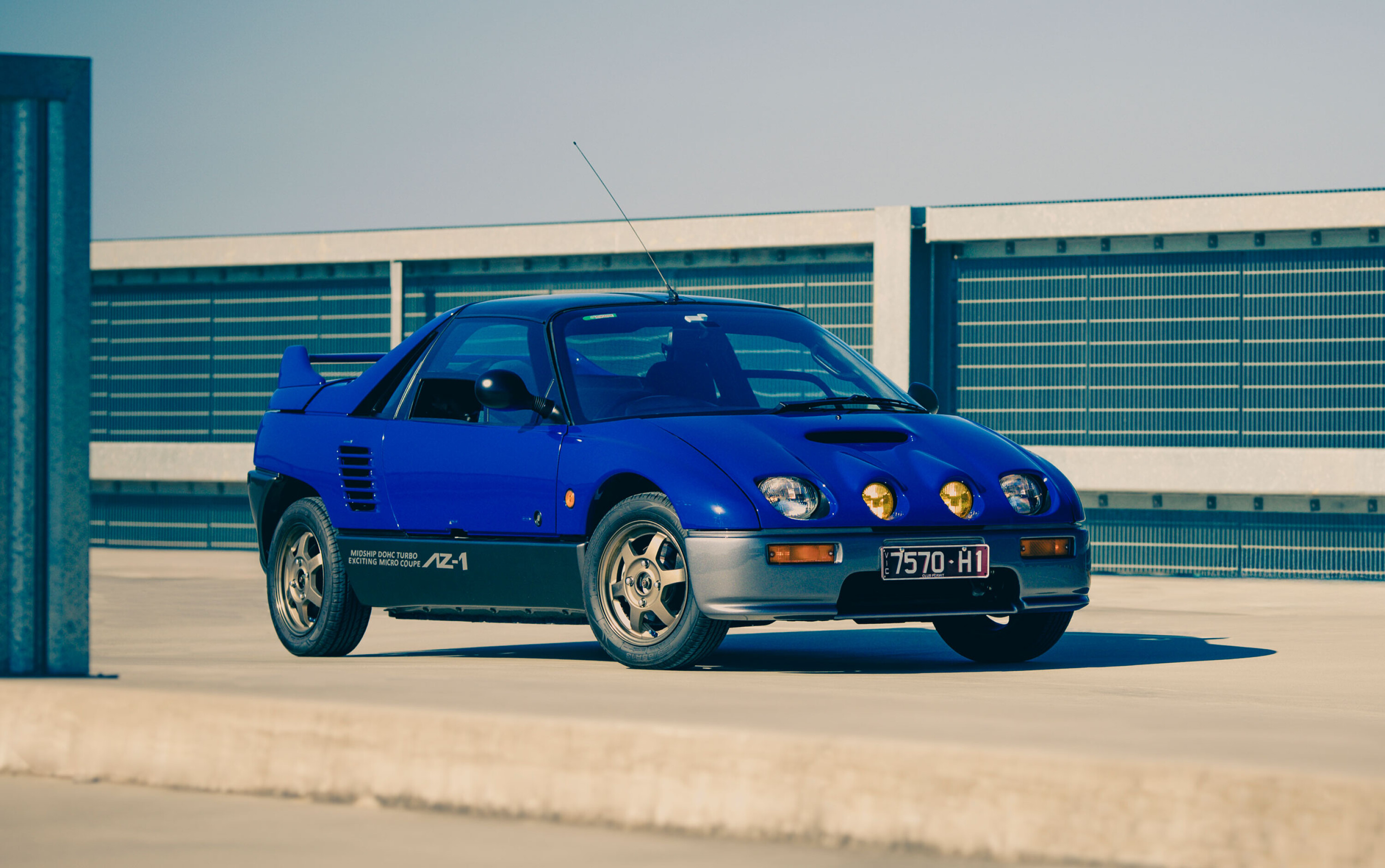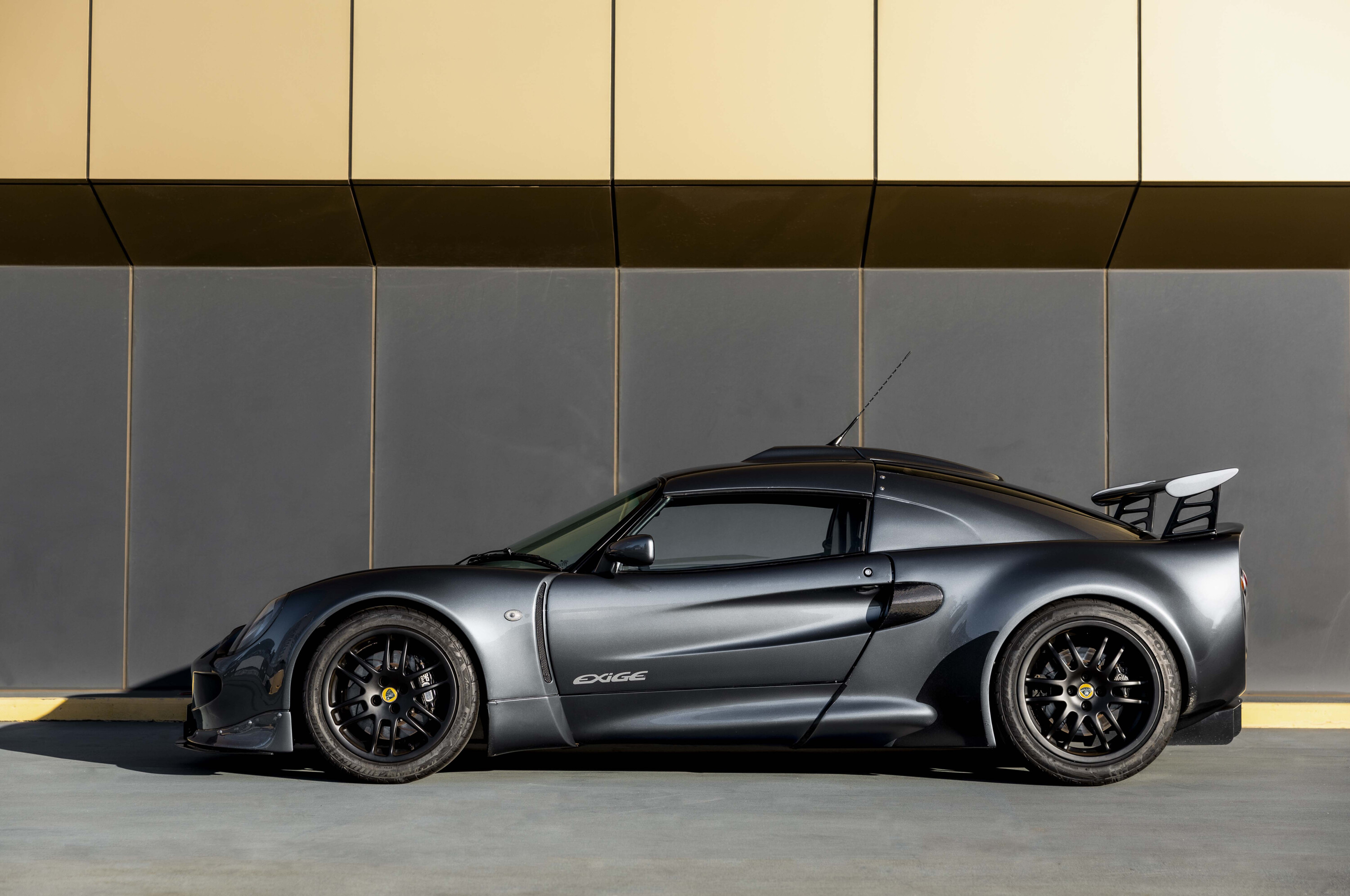It’s hard to think of someone who could embody what Toyota Australia represents more than Sean Hanley.
Now Vice President for Sales and Marketing, he has dedicated his working life to serving what has become the country’s automotive market leader and it looks like he’ll be there ’til the day it’s time to hand back the keys and take the gold watch.
His favourite car was his 1980s Corolla 1.6-litre Twin Cam, though he’s also enjoyed many years behind the wheel of some other Aussie favourites – such as the LandCruiser 200 and LC Prado.
Brisbane born and bred, where he still lives today with his wife and two sons – commuting to Toyota’s HQ in Melbourne, Hanley started his career at the very bottom of the ladder after leaving school at year 10 to work for another auto giant – Ford.
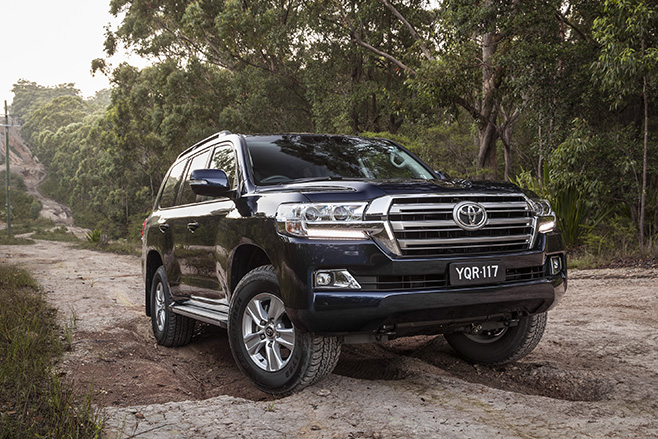
“I started out at a Ford dealer as a store person in parts,” he tells Wheels. “I’ve been in the industry since I was 17 and I’ve recently turned 60, so I’ve got some years clocked up!
“After that I was a delivery driver and just worked my way up from there until the then owner expanded his interests and, through acquisitions, purchased a Toyota dealership. I moved over to Toyota as a parts manager within the same group.
“I really knew little about Toyota back then, and remember that in the day Ford had a very high market share. I daresay it was market-leader at some stage through that journey. I can’t remember exactly who was holding the title at the time, but Ford and Holden were fighting it out surely for number one and two, and Toyota was near the lower end of the top five.
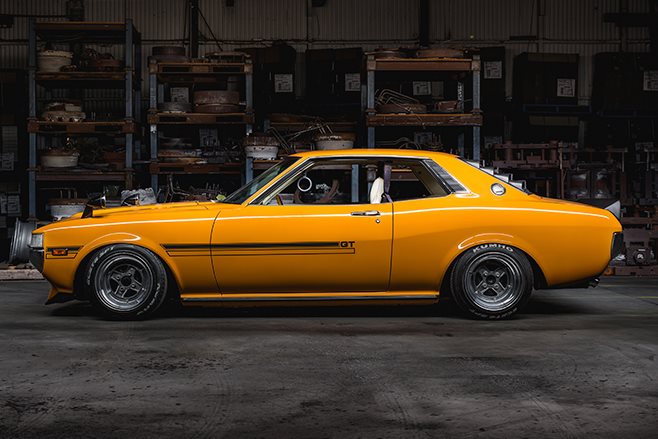
“Really it was my mother who convinced me, I always remember my mother had a Toyota Celica and she loved Toyota, she always bought them. I saw it as a great opportunity. I joined this new brand, but it’s like most things in my career, it’s funny, as you get older, you reflect – but I’ve never set out a career plan in my life. Never sat down and said: ‘this is what I aspire to be’, or ‘this is what I aspire to do’. I’ve just kind of lived my life and taken the opportunities as they presented themselves.”
After working his way up to parts manager, Hanley then moved to another dealership in Brisbane which was the major distributor for Toyota passenger and commercial vehicles in Queensland. Eventually the parent company bought out this dealer, now owning all of the distributors in Australia with the exception of Western Australia, allowing Hanley to rise through the ranks to become a senior executive at Toyota’s home in Melbourne. And he has been there ever since apart from a short stint at Lexus as its Corporate Manager for National Sales and later CEO between 2012 and 2015.
“I’ve never said no to anything, whether it be running logistics and parts warehouses or launching a new hybrid car back in October 2001,” he reflects.
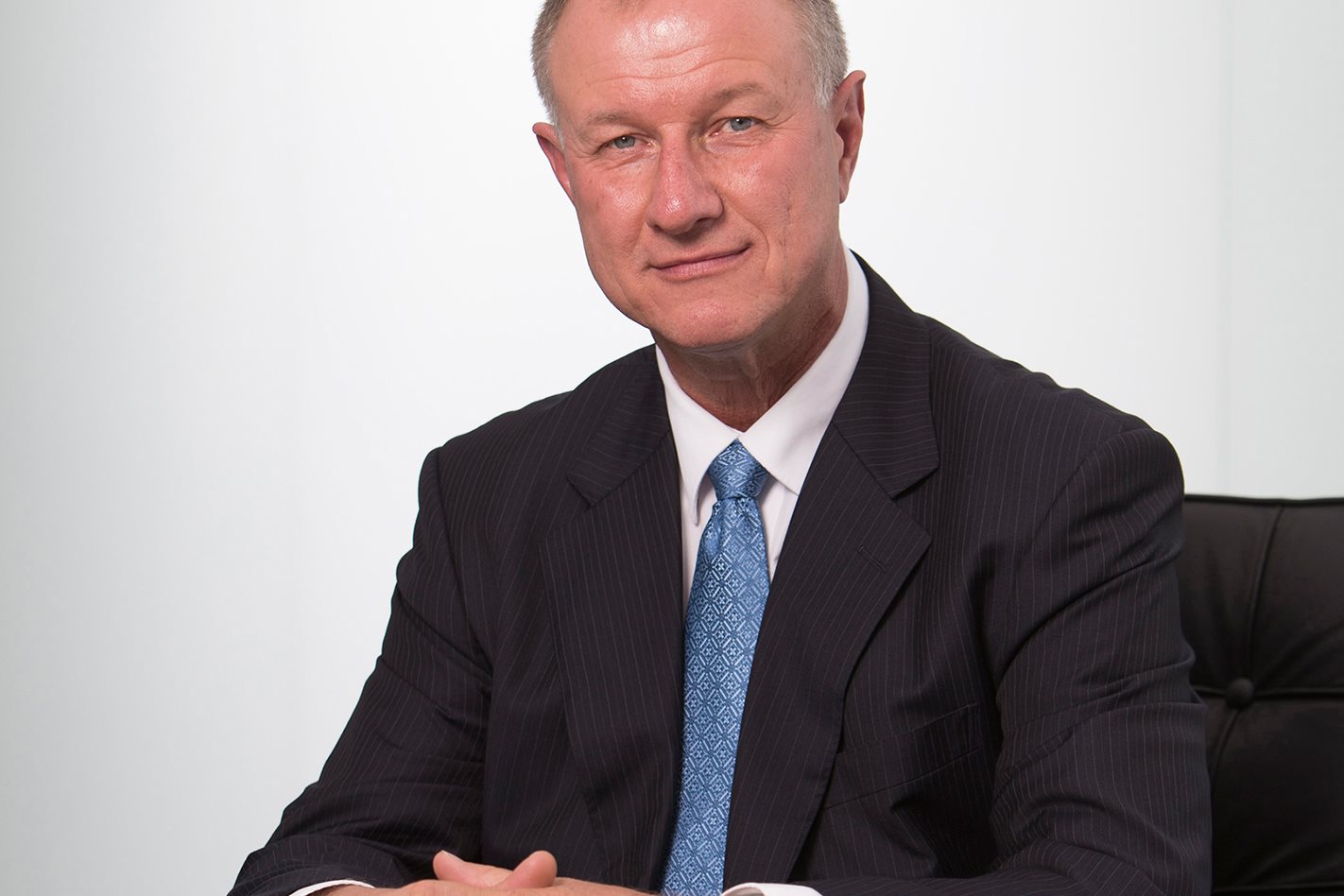
“We tend to learn from Lexus a lot at Toyota. It was a wonderful opportunity because I got to go to another brand. Of course. I went from mainstream, mass market, to the more defined luxury market – which was a whole new way of learning for myself.
“I remember getting the opportunity to go to Lexus and I was just so excited. I was fast tracked to learn about luxury and the different experiences and models. I have absolutely no regrets about my time at Lexus, only fond memories. The thing that I took out of Lexus, that I’ve been able to bring to some extent to Toyota, was that Lexus is a very personal brand.
“And I believe that the car industry will always be a people business, it will always have to have a human connection. It’s one of the great learnings out of COVID-19 right? People talk about having Teams capabilities, Zoom, work from home, there’s wonderful flexibility around us – but it always intrigues me because at the end of the day, we can stay home and work all week, but by the weekend what we want to do is see someone.
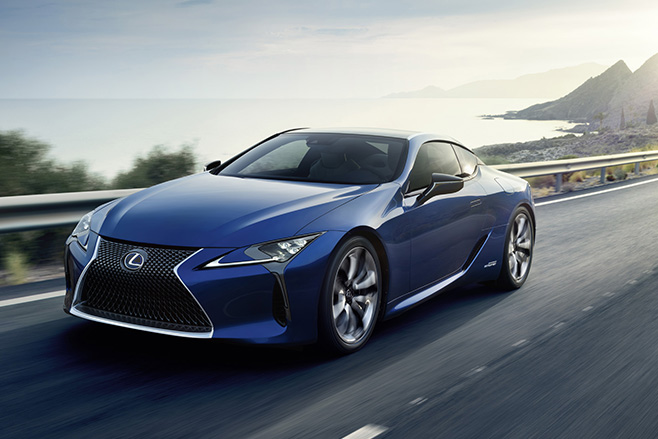
“By nature we are social beings. And I think that will play out in the future no matter what happens with technology, people will always remain integral to business and how we connect.
“So we’re going from car company to mobility company. Everybody uses this word ‘mobility’. Everyone’s got it in their advertising now. So what does that mean? Well, mobility for Toyota’s well beyond the car. When you start to think that through you suddenly realise that there’s a far bigger market of mobility out there that we need to be involved with and explore and help. And apart from the environment, that will be the single biggest contribution that Toyota will make to the world.”
As one of Japan’s biggest companies, and indeed Australia’s top-selling car brand for 20 years much has been said about Toyota’s contribution towards reducing global emissions and its preference for varied technologies – led by hybrids rather than purely battery-electric – to hit ever tightening targets.
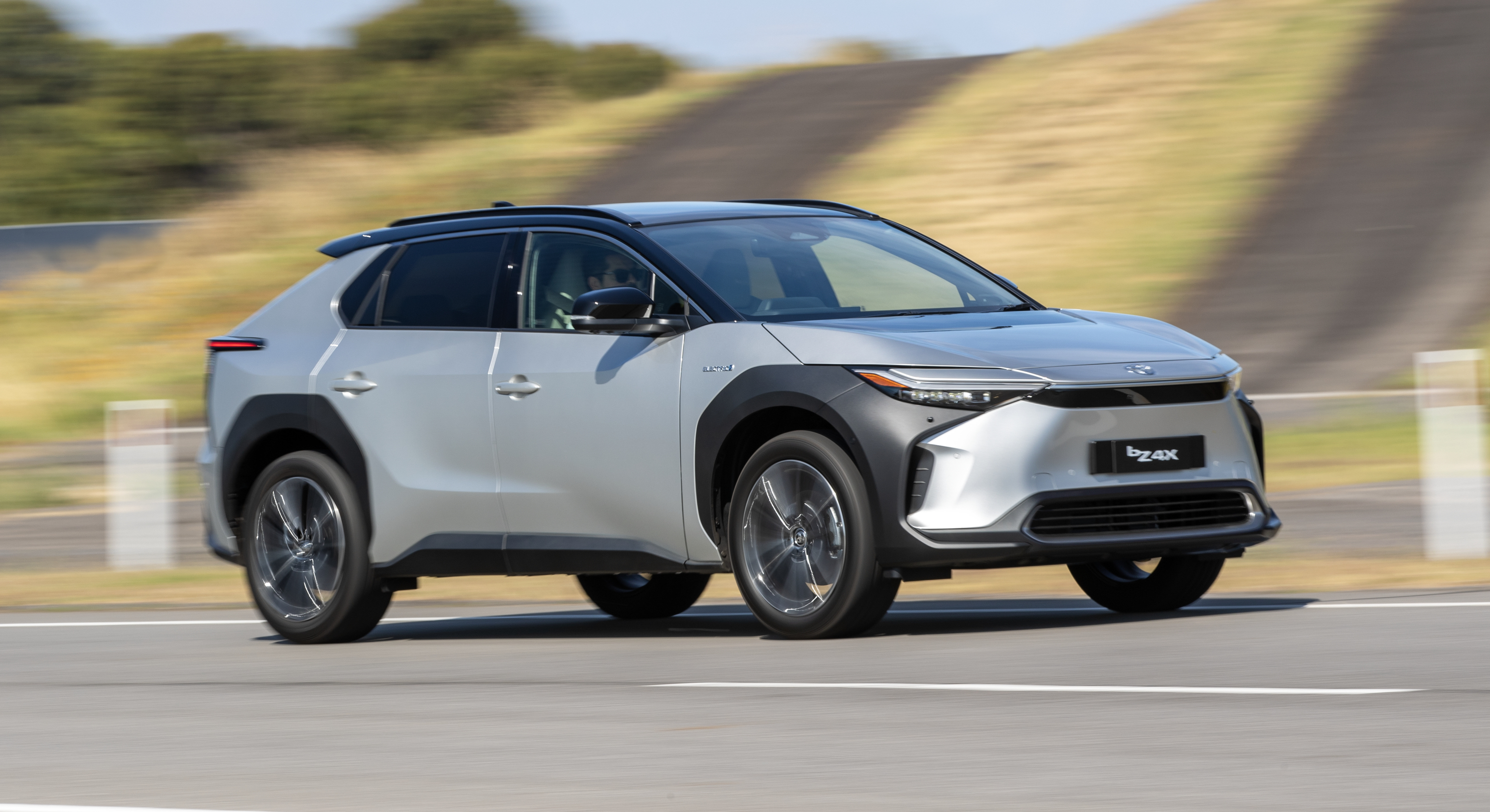
In fact there has been no end of coverage of Toyota Australia’s views, specifically voiced by Hanley as the most regular company spokesman, on the topic. But in recent weeks it has emerged the auto giant is facing investigation by Australia’s consumer watchdog over ‘greenwashing’ allegations by Greenpeace – denouncing its claims on the environmental performance of its vehicles and net-zero ambitions.
On this specific issue, Hanley couldn’t be led, but sticks by his guns on why Toyota’s EV approach is the right one.
Of Toyota’s local lineup, more than 60 per cent offer a hybrid version, with the recently announced second-gen C-HR promising to only be available with such a drivetrain when it comes in 2024. This, combined with the upcoming launch of the fully-electric BZ4x and healthy order banks for hybrid models, will, he says, help the carmaker to reach 50 per cent electrified sales by 2025.
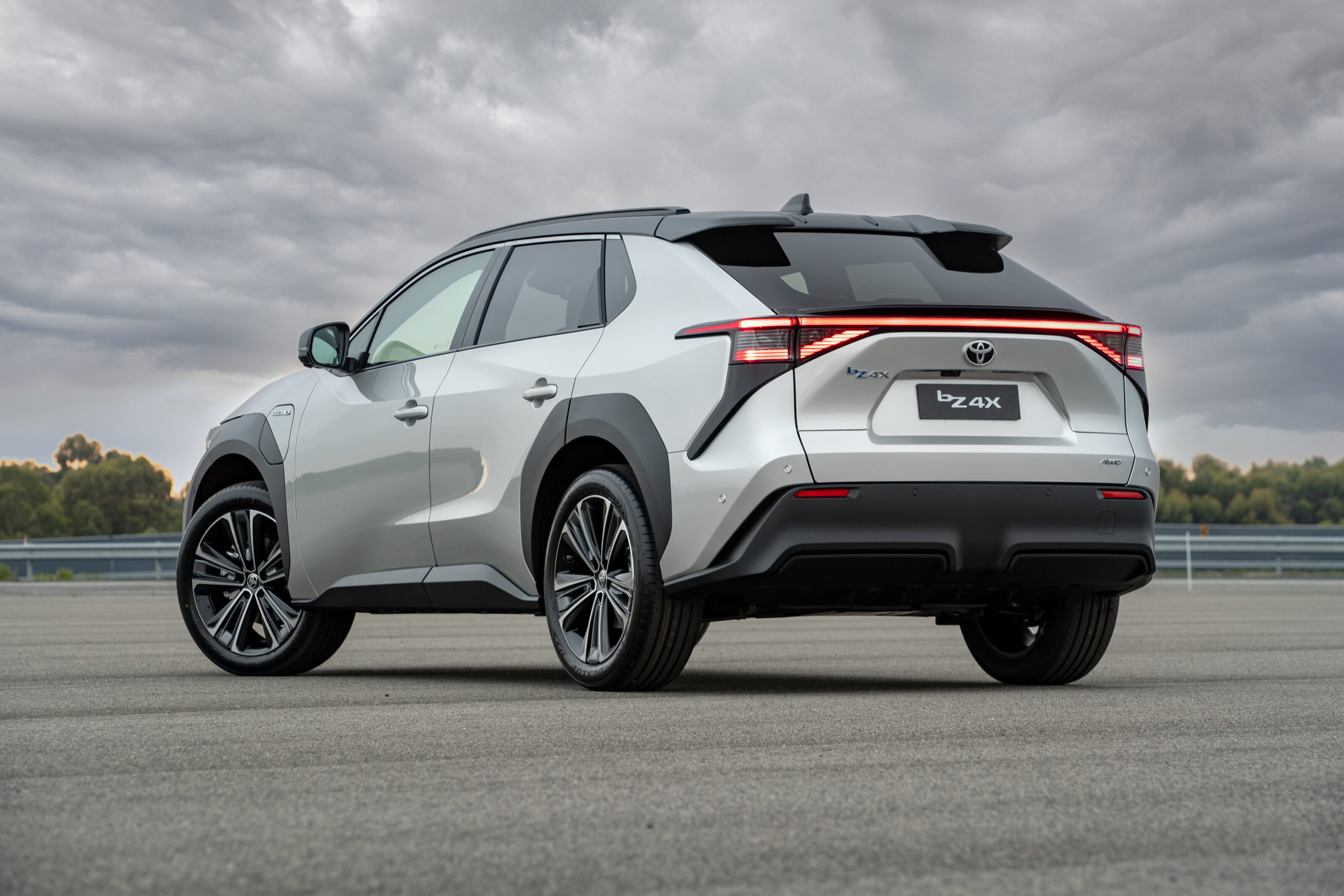
“We’ve been somewhat criticised by some quarters about being slow and not first to market [with fully-electric cars]. And given our hybrid background, there’s a lot of commentary around ‘you should have been first’,” he says.
“Well being first is, actually in this space, not the most important thing. Bringing a quality, safe and practical vehicle to market is more important to Toyota. I hear all those outside noises ‘we’re late’ etc. But to be quite honest, I’d rather be late and right, than early and not so right.
“There is no doubt that battery-electric vehicles will play a role in this aspiration to become a reduced-carbon world – and Toyota will be part of that. We’re not there now. In fact, we are a long way away from there. The reality is that issues still remain with the quality, the durability and the [driving] range and a whole lot of other factors – including the quality of the battery. And these are still very expensive cars today.”

The price of Toyota’s first battery-electric car Down Under is still yet to be revealed, though Hanley has previously gone on record saying it will be “expensive” as well as emphasised that delays in bringing the model to market are to ensure good supply rather than bring it here in dribs and drabs.
“The BZ4x is not going to be as cheap as a hybrid Corolla – or a hybrid RAV4. In fact, it’s going to be a lot more expensive. And that’s the reality of the situation right now for what it will present to the market. Over time as scale goes up, prices will come down, battery technologies will evolve, [driving] range will get better, infrastructure will be much improved.
“Of course all that’ll happen. All we are simply saying at Toyota is it’s not the only way to get to carbon-neutral. There’s more than one way to do it and we don’t want to put all of our investments only in that area.
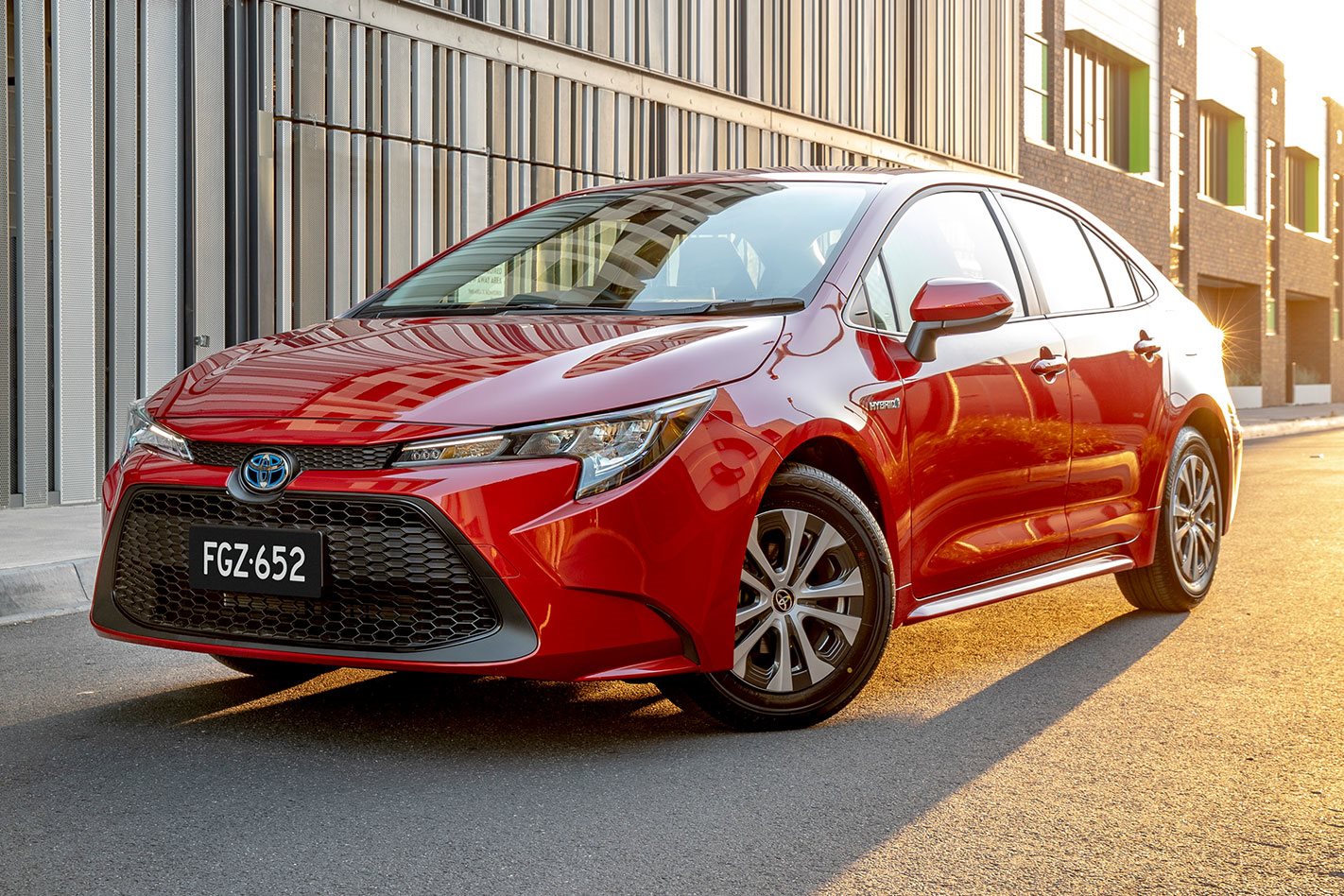
“You’ve got to be realistic about what you can achieve now and what you can achieve in the future. Some people say they want no internal-combustion engines by 2035. Well what’s the cost of that? Has anyone sat down and worked out can we do it? Is it achievable? Because if it’s not, then why go out in the media and talk about it?”
Hanley firmly believes that rushing into bringing purely electric cars to market would betray Toyota’s reputation for building vehicles that can stand the test of time. We’ve all seen the TV ads, with a number of its models clocking up hundreds of thousands of kilometres and still trundling on – and the sales exec says EVs should be no different.
“What’s important to Toyota is that we bring out a battery-electric car that maintains our basic principle of what we call QDR: quality, durability, reliability,” he tells us.
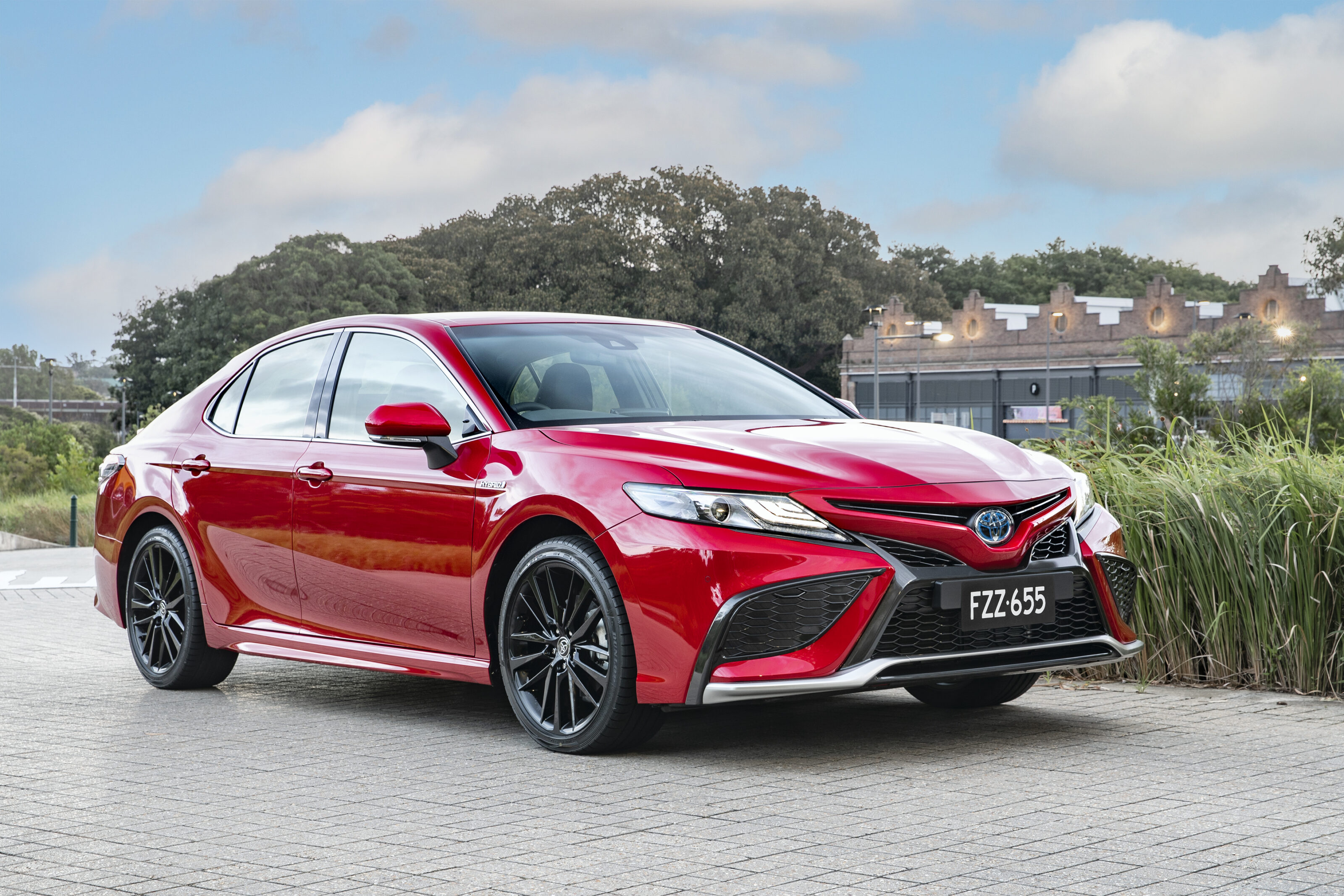
“The second point about pricing is that right now, in the whole, when you look at battery-electric vehicles, they don’t appeal to the mass market – they appeal to the few that can afford them at this juncture. I’m not suggesting that’s the future.
“But we’ve been very upfront right from day one when talking about BZ4x, in saying it won’t be the cheapest Toyota on the market. But, on the other hand, it’s also got to appeal to our customer base. There are ways and means we can bring that to market to make it affordable and achievable for our customers in the long run.
“I just don’t want people to be misled by this EV phenomenon that what we’re seeing is real. I don’t want them to be misled to think that these are cheap cars to make. And then after that the batteries aren’t actually that cheap to replace.
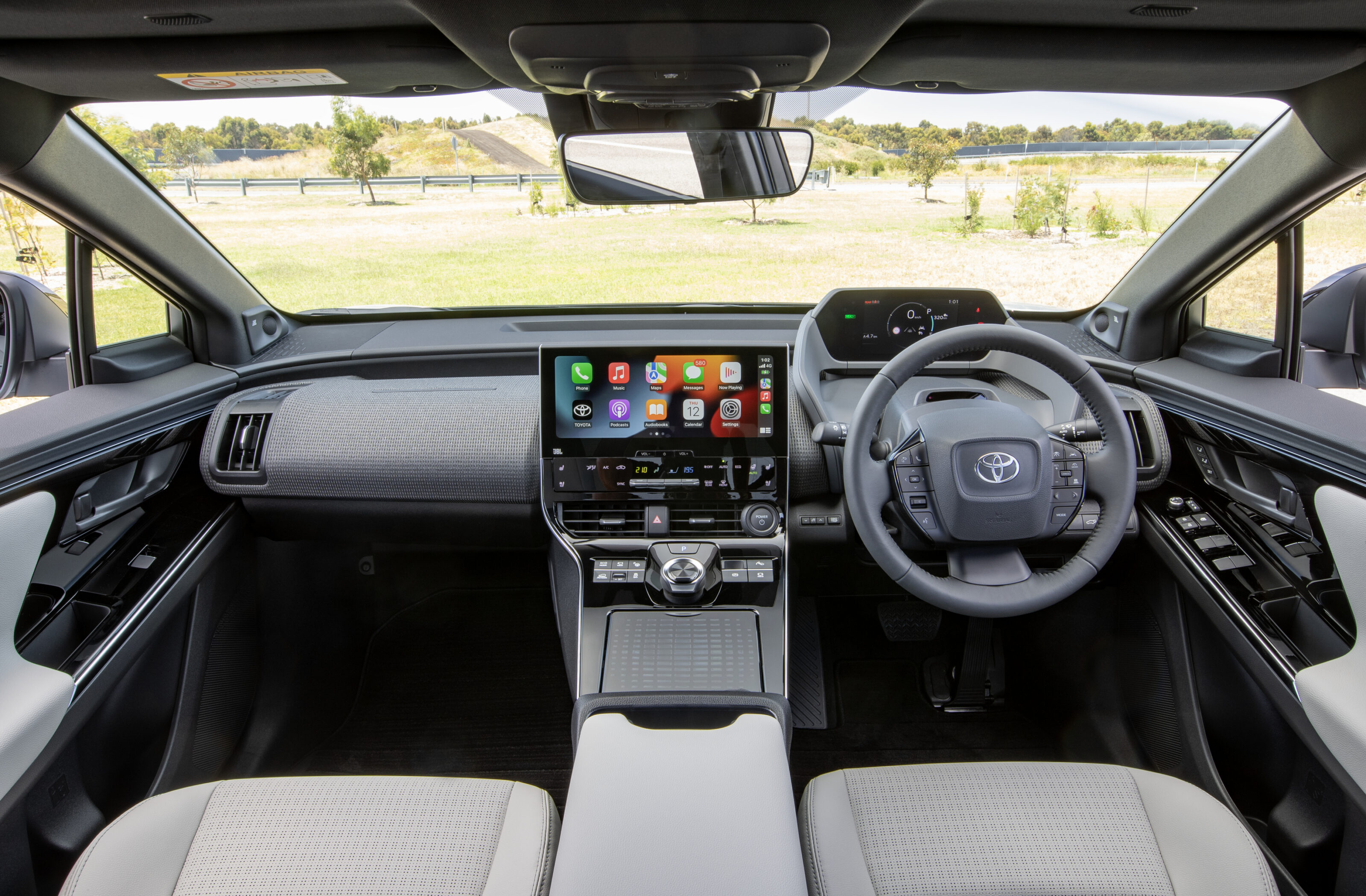
“So our position is very clear – we don’t want people to be having a discussion about having to replace the battery. That’s not in the Toyota DNA. We want them to be totally confident, totally comfortable. This car can do what I want it to do and it’s got Toyota stamp of quality all over it.”
This idea of a variety of technologies may, or indeed may not, be about to be tipped on its head with the changing of the guard at the top of Toyota globally. As of April 1, current CEO Akio Toyota, who has occupied the role for 14 years, will go on to become chairman of the board – with 53-year-old Lexus chief branding officer and president Koji Sato set to take his place.
Last month the incoming boss announced plans to shake up Toyota’s electric strategy, with more of a focus on battery-electric models – though still remaining committed to Toyoda’s diverse powertrain plan.
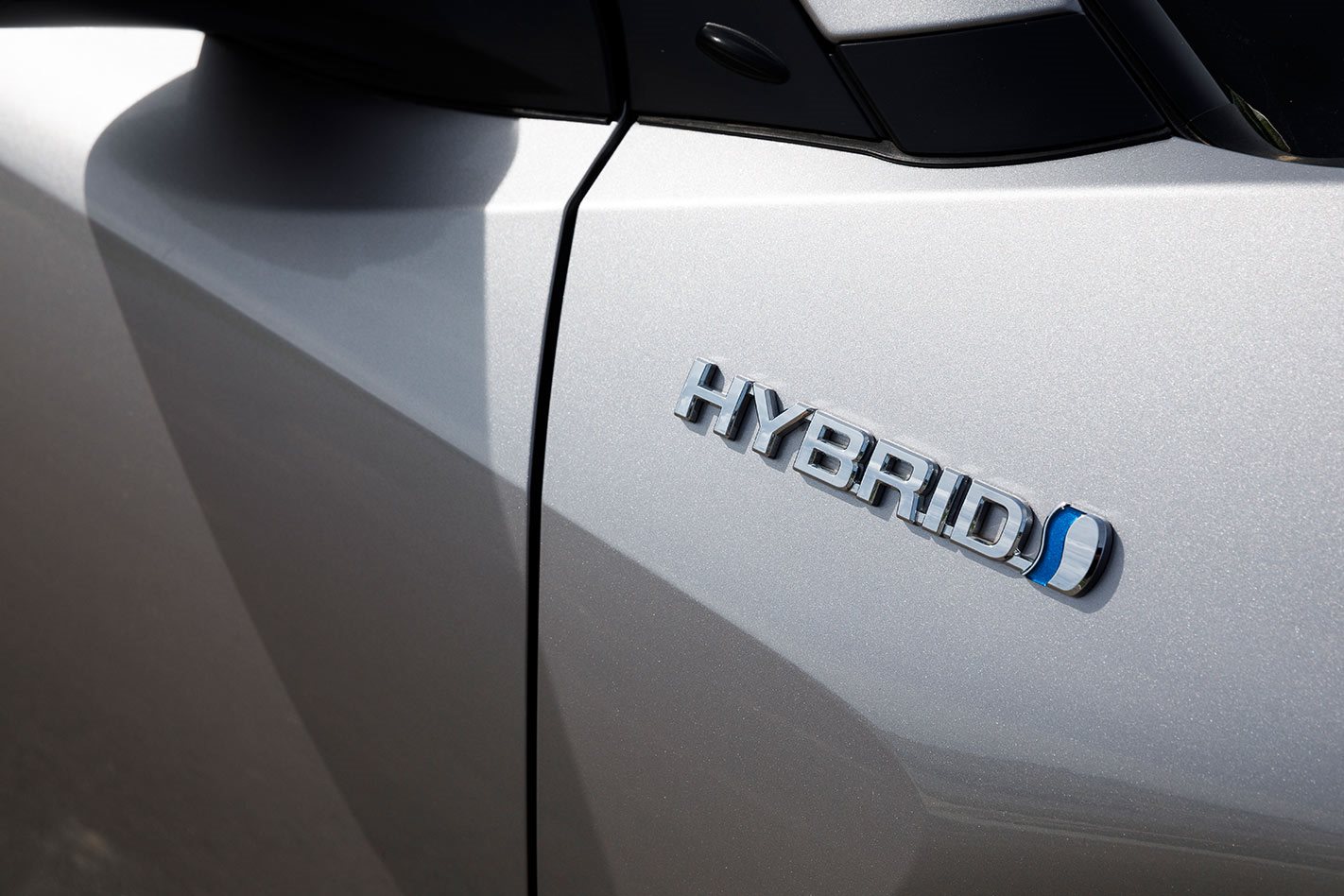
“I’m deeply grateful for what our outgoing president’s achieved and the legacy that he’s left for us,” Hanley says. “I can tell you he has invested a lot of our financial resources, our know-how and capability, in developing battery-electric technology. And I think people tend to forget sometimes conveniently that Toyota’s been doing this quite a long time, it’s actually not new to us. And that was largely driven by our current president and those before him.
“He’s left our company and the incoming president a wonderful opportunity now to expand on that direction and accelerate the things that we need to accelerate. Toyoda-san has just told, in my humble opinion, the market the reality.
He’s said what he believes, and what I truly believe is the truth about getting to carbon neutrality. He’s never said: ‘I don’t want to be carbon-neutral’. But he’s also never said there’s not ways and means we can get there.
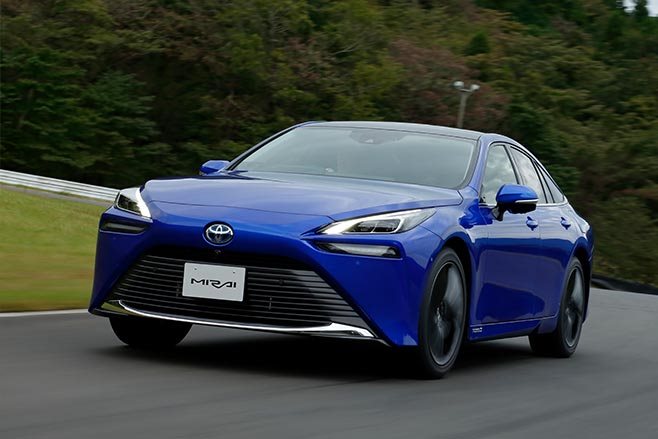
“One way that I think is still very much in our future is hydrogen (fuel-cell electric vehicles). We still believe that hydrogen has a future, particularly for heavy vehicles, commercial vehicles. And although a lot of people can’t see it, because obviously there’s an infrastructure required to get there, I do see a horizon of around 2035 for that.
“When you look at the LandCruiser, and even HiLux, then hydrogen (fuelling internal combustion engines) is a very good solution. Plentiful supply, as long as it’s made by renewables, it’s clean. It’s not zero-emissions, but it’s carbon-neutral. It can’t be zero-emissions, because you’ve still got oils and fluids and brake fluids etc that are going to give some sort of emission.
“But again, why not? I mean, you can bring that down to a carbon-neutral car, and you’ve got an infrastructure right now to support it, why shouldn’t it be looked at?”
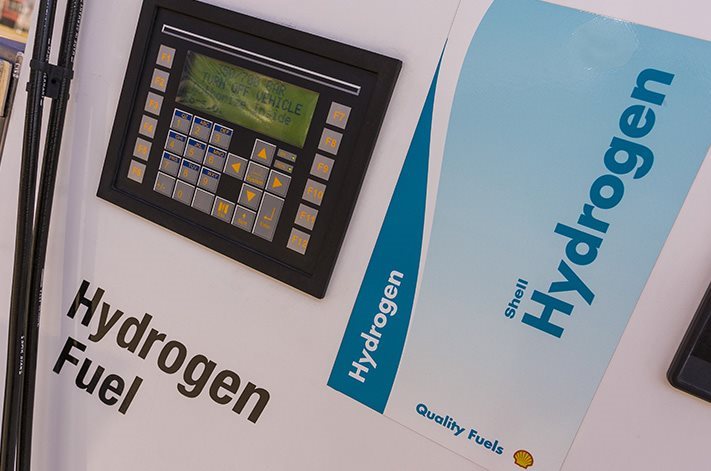
Looking to the future, Hanley is optimistic about what is to come – his only regret being he won’t be around to be a part of what Toyota can achieve.
“The only thing I’ll regret in my life is that I’m 60 years-old, so realistically I won’t be here in 10 years’ time. And the future of Toyota and the products, the services, the connected services, the customer experience, the car sharing, you know, the electrification, the hydrogen future.
“All of those exciting things are going to happen over the next 10 years. So your generation is in for the ride of your life.”
We recommend
-
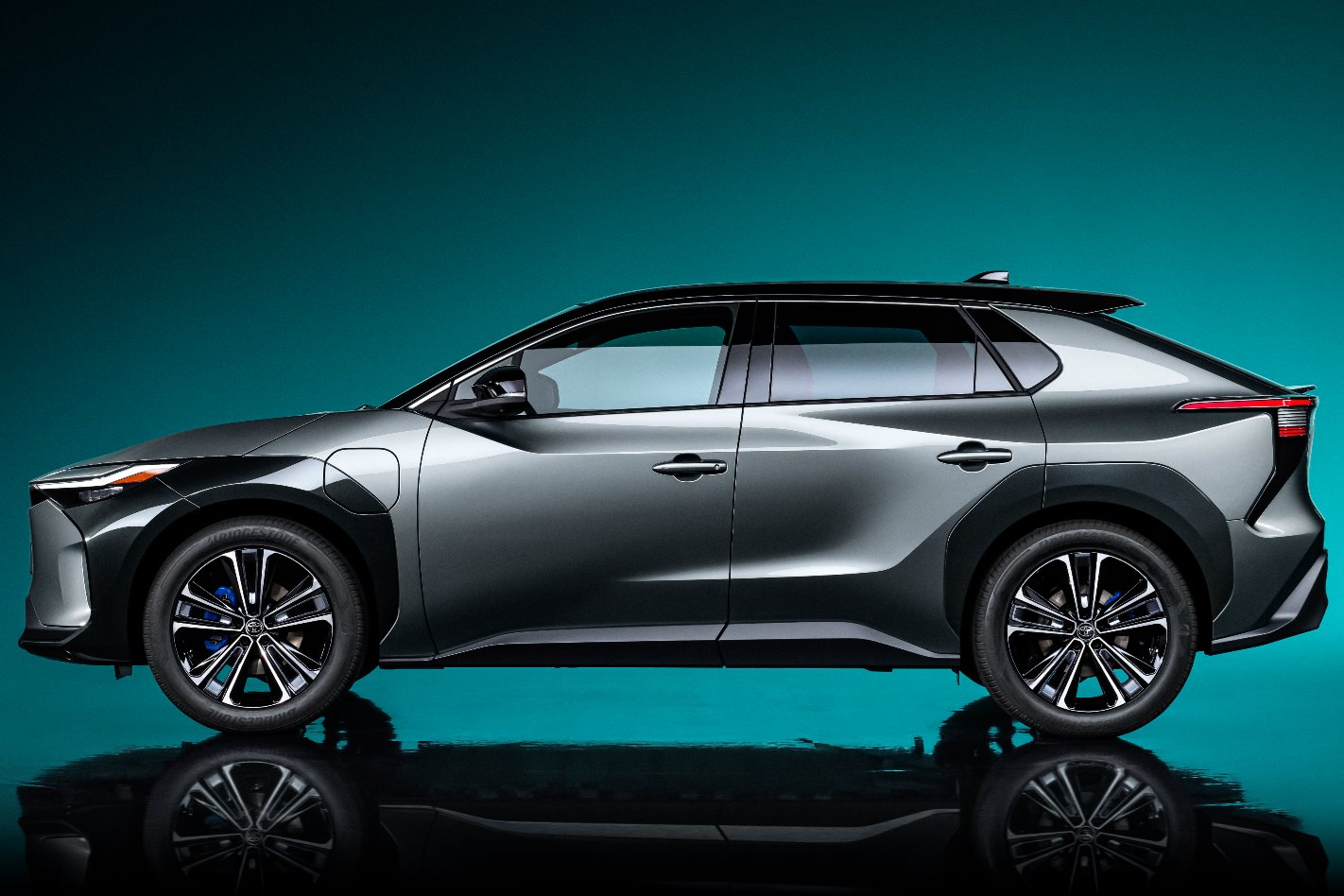 News
NewsCarbon is the enemy: Hanley defends Toyota’s carbon neutral strategy
Hanley explains why Toyota doesn’t see a sudden influx of BEVs as the solution to cutting carbon emissions
-
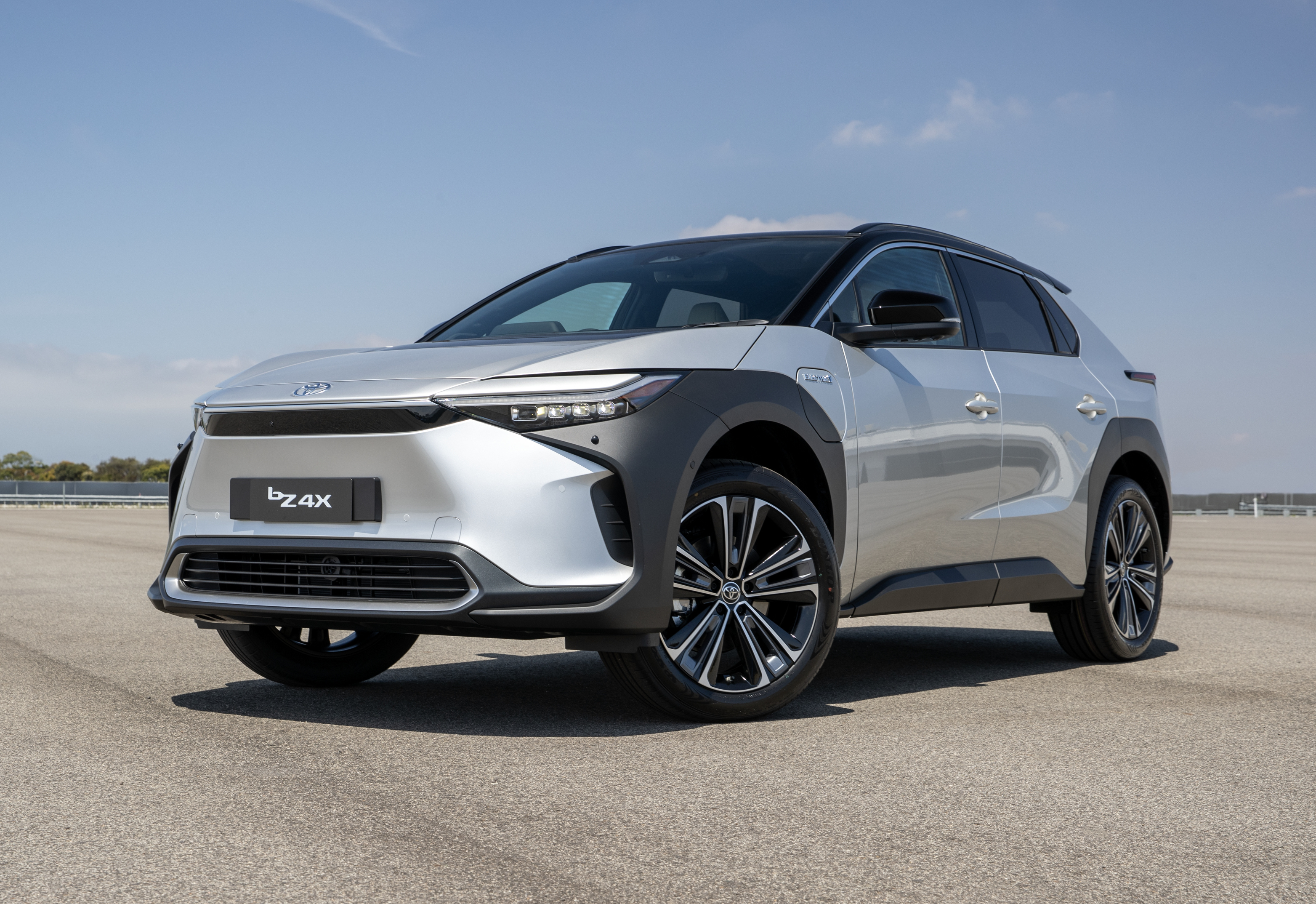 News
News2024 Toyota bZ4X due later this year, first of three EVs confirmed for Australia
Toyota will launch three all-electric vehicles in Australia in the next three years, including the soon-to-launch BZ4x medium SUV – but hybrid is still the main focus
-
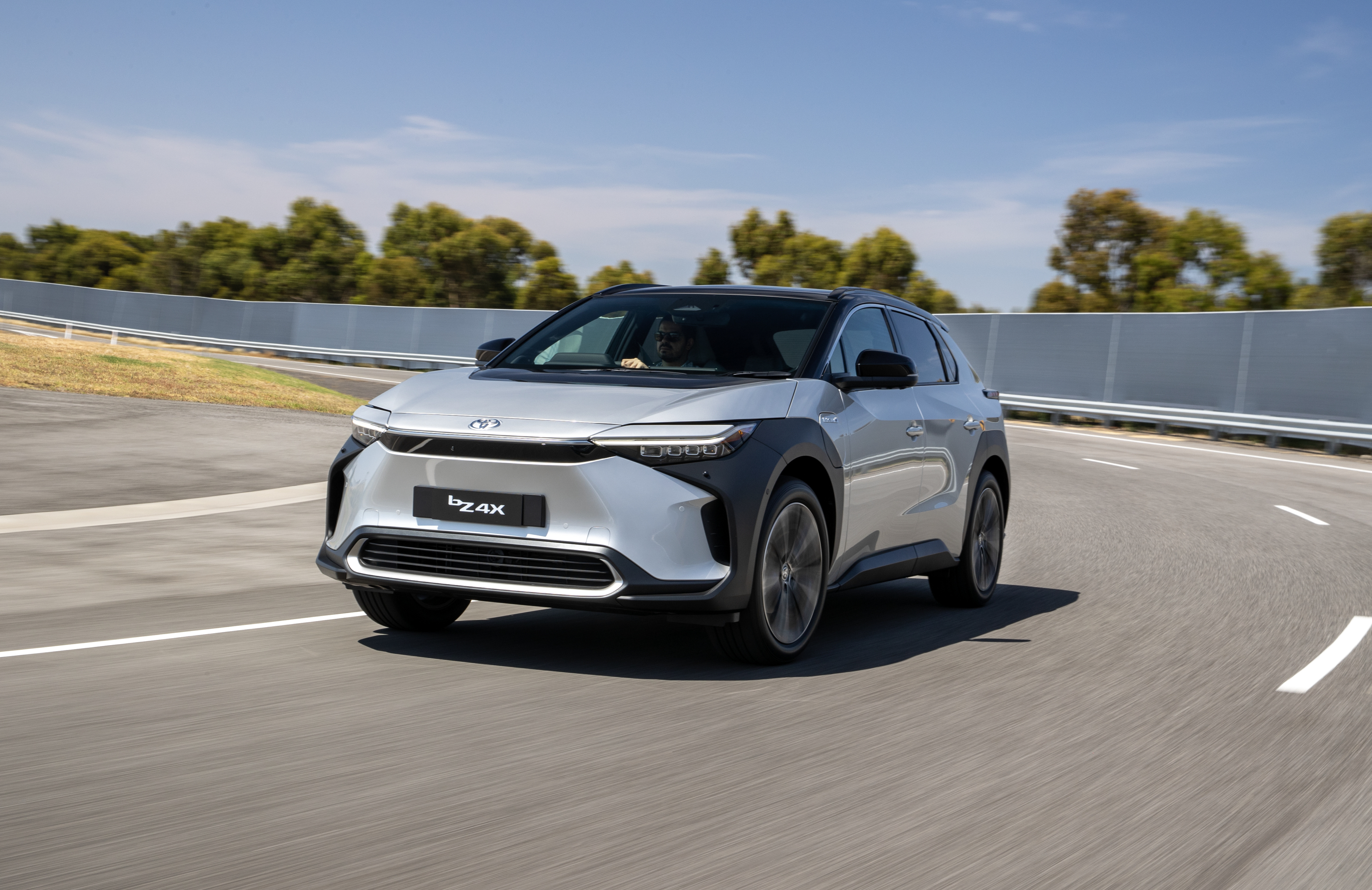 Reviews
Reviews2024 Toyota BZ4x review: First spin on Australian asphalt
Good things come to those who wait, they say – but will Toyota’s long-delayed BZ4x EV be the good thing Australian buyers have been waiting for?


